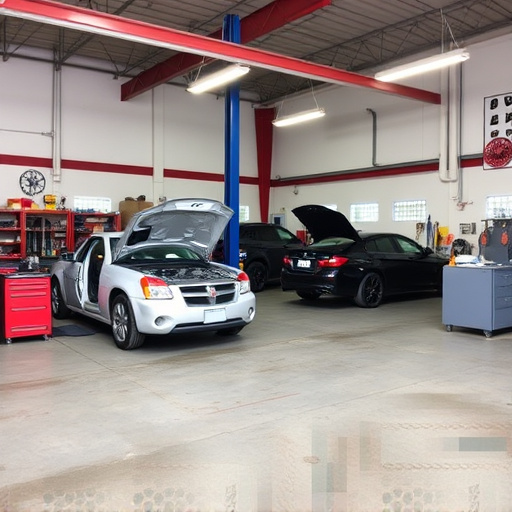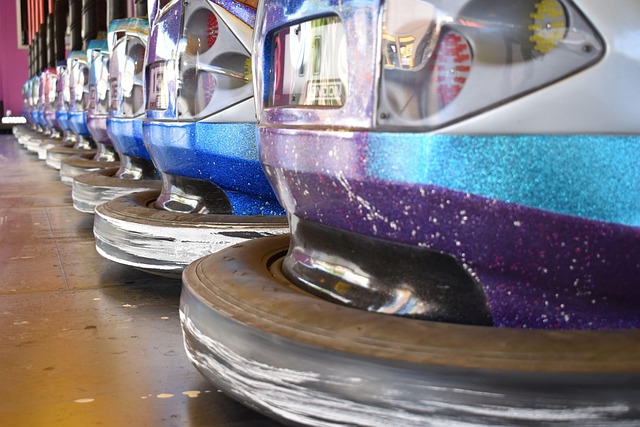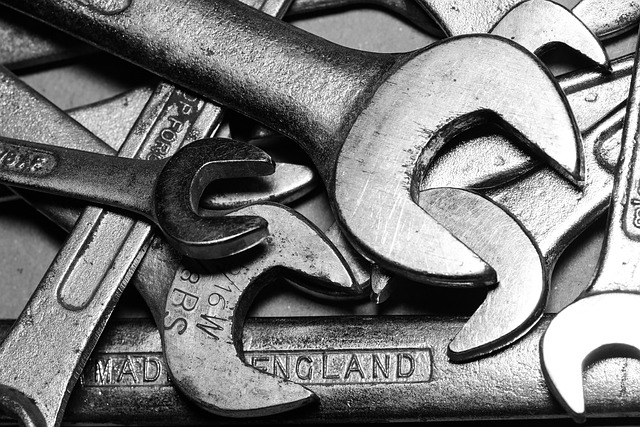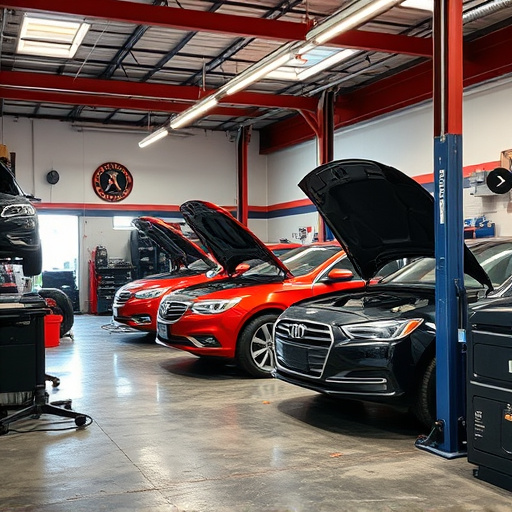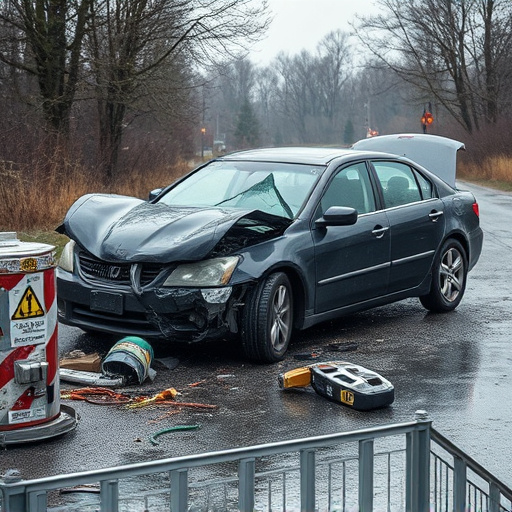Post-repair road testing is a crucial phase ensuring vehicle safety and performance reliability after repairs. By simulating real-world driving conditions, it identifies overlooked issues, fine-tunes components like suspension, brakes, and lighting, enhancing handling, acceleration, and braking. Essential for routine services or complex restorations, this process extends vehicle lifespans and enhances road safety.
Post-repair road testing is an essential step that offers significant advantages for vehicle owners and mechanics alike. This rigorous evaluation process ensures that repairs are not only effective but also enhance overall safety and performance reliability. By thoroughly checking a vehicle’s systems, it becomes possible to identify potential issues early on, preventing costly future repairs and maintenance expenses. In today’s competitive automotive industry, recognizing the key benefits of post-repair road testing is vital for maintaining optimal system functionality and customer satisfaction.
- Enhances Safety and Performance Reliability
- Ensures Optimal System Functionality
- Prevents Future Repairs and Costs
Enhances Safety and Performance Reliability
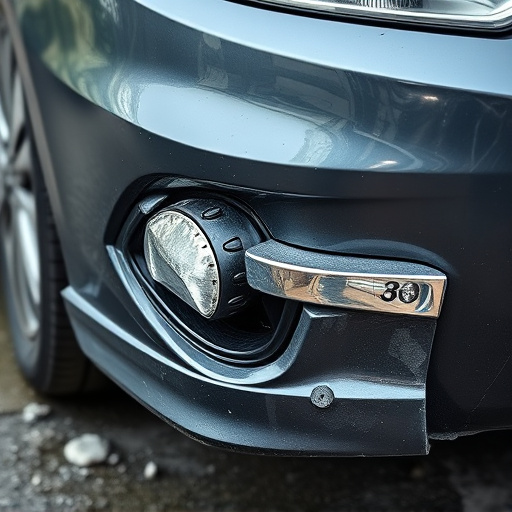
Post-repair road testing plays a pivotal role in enhancing safety and performance reliability for vehicles following collision repair or car body restoration. By subjecting vehicles to real-world driving conditions, these tests reveal any lingering issues that might have been overlooked during initial repairs. This proactive approach ensures that every component, from suspension systems to brakes and lighting, functions optimally, thereby safeguarding drivers, passengers, and other road users.
Moreover, post-repair road testing helps in fine-tuning the vehicle’s performance. It allows technicians to make necessary adjustments, ensuring the vehicle handles, accelerates, and brakes as intended. This meticulous process not only boosts safety but also contributes to a smoother and more enjoyable driving experience, underscoring the importance of incorporating such thorough assessments into every vehicle repair service, whether it’s for collision repair or car body restoration.
Ensures Optimal System Functionality
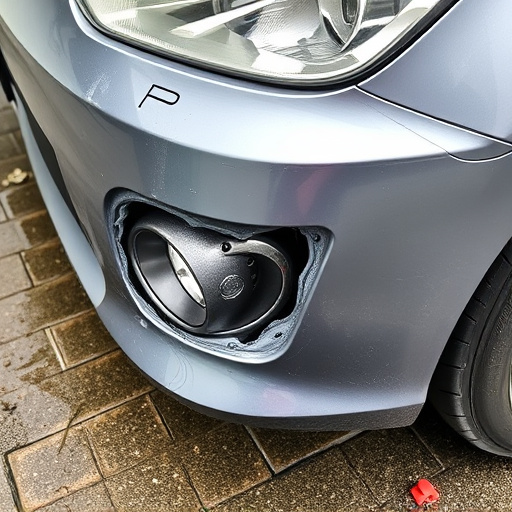
Performing post-repair road testing is a vital step in ensuring optimal system functionality for any vehicle, whether it’s undergoing a routine service or a complex car body restoration. This process involves putting the repaired vehicle through its paces on actual roads and tracks, simulating various driving conditions. It helps uncover any lingering issues that might have been missed during initial repairs, especially in cases of intricate tire services or classic car restoration projects.
By subjecting the vehicle to real-world scenarios, post-repair road testing enables mechanics to fine-tune the performance, check for leaks, assess tire pressure, and evaluate overall stability and handling. This meticulous approach guarantees that every component functions as intended, enhancing safety and reliability, whether you’re driving a modern vehicle or a vintage classic car.
Prevents Future Repairs and Costs
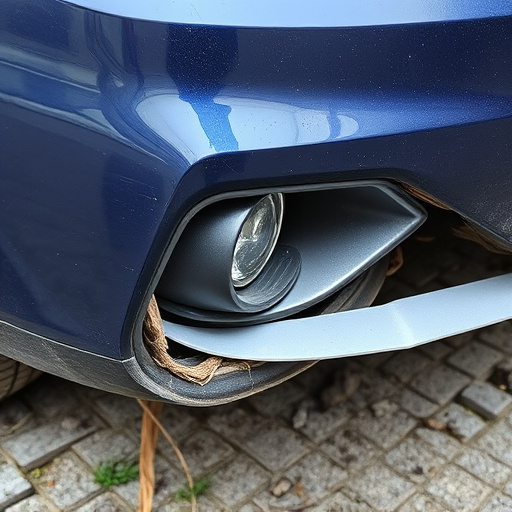
Performing post-repair road testing is a vital step that can significantly prevent future repairs and associated costs. This comprehensive process ensures that all repairs, from auto glass replacement to car dent removal, are executed flawlessly. By subjecting vehicles to real-world driving conditions, any potential issues can be identified early on, saving time and money in the long run.
These tests go beyond what’s typically done during a routine check-up at an auto collision center. They simulate various driving scenarios, including speed, acceleration, cornering, and sudden weather changes. This rigorous evaluation helps uncover weaknesses or unevenness in the repairs, ensuring that every component is up to par. Proactive measures like these not only extend the life of vehicles but also enhance safety on the road.
Post-repair road testing is a vital step in ensuring not only the safety and performance reliability of vehicles but also in saving future repair costs. By thoroughly evaluating systems and components after repairs, mechanics can identify potential issues early on, enhancing overall vehicle functionality. This proactive approach not only prevents costly repeat repairs but also contributes to a smoother driving experience for folks. Incorporating post-repair road testing into standard procedures is, therefore, a game-changer in the automotive industry, fostering optimal vehicle performance and reduced maintenance expenses.
